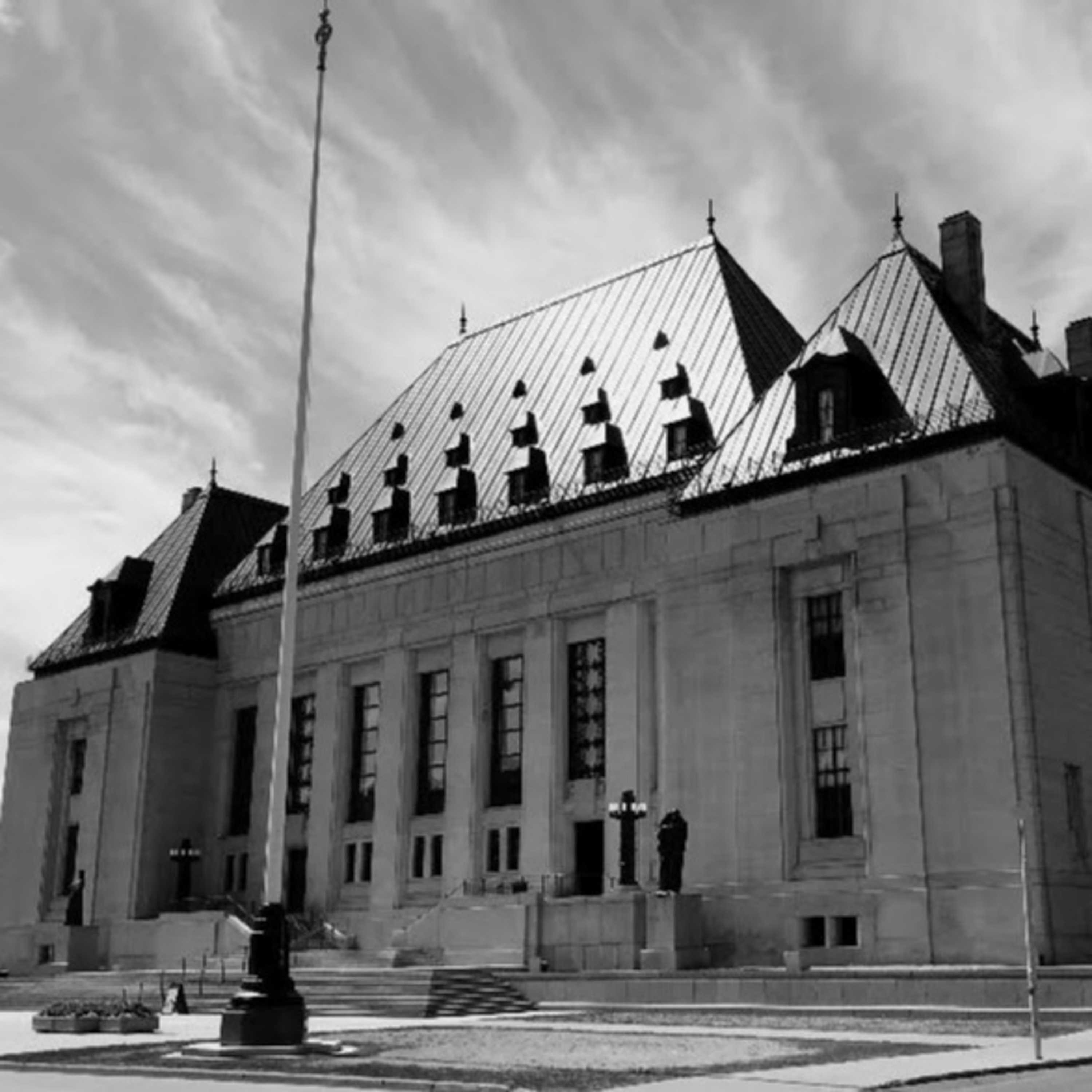Jason William Cowan, et al. v. Her Majesty the Queen, et al. (39301)
Following a trial before a judge sitting alone Mr. Cowan was acquitted of armed robbery and having his face masked with intent to commit robbery. The Crown’s theories at trial were that Mr. Cowan was the masked robber and, as such, he was guilty as a principal offender, or that Mr. Cowan was guilty as party to the offence because, by providing instruction to the men he named in his warned statement on how to commit a robbery, he encouraged and/or counselled them to commit that offence. The trial judge found that the Crown had failed to prove Mr. Cowan’s guilt on the basis of either theory.
A majority of the Court of Appeal allowed the Crown’s appeal from the acquittal on the charge of armed robbery, set aside Mr. Cowan’s acquittal, and ordered a new trial proceeding from the footing that the question to be determined is whether Mr. Cowan is guilty of robbery, as a party, on the basis of abetting or counselling. Although it dismissed the Crown’s arguments under the principal theory, the majority was satisfied that the trial judge made a legal error in the application of s. 21(1)(c) and s. 22(1) of the Criminal Code, R.S.C. 1985, c. C-46, by restricting himself to consideration of whether the Crown had proven that Mr. Cowan abetted or counselled the principal offender(s). That error had a material bearing on Mr. Cowan’s acquittal, because it led the trial judge to overlook relevant and probative evidence which strongly supported a finding of guilt.
Jackson J.A., dissenting, would have dismissed the Crown’s appeal in its entirety. She agreed with the majority that the Crown had not discharged the burden upon it to justify a new trial on the basis that the trial judge made an error of law when he concluded Mr. Cowan had not personally committed the offence of robbery. However, she also concluded that the trial judge did not err by limiting himself to considering two named individuals only as being principals only to the offence, as he was responding to the evidence and submissions. If the trial judge did commit an error of law, Jackson J.A. was of the view that it was not of sufficient materiality for the court to overturn the acquittal and order a new trial.
Keywords
Criminal law - Appeals - Criminal law - Appeals - Appeal by Crown against acquittal - Error of law - Parties to offence - Did the majority of the Court of Appeal err in determining the trial judge committed an error in law by limiting himself to considering two named individuals only, apart from the accused, as being principals only to the offence? - Did the majority of the Court of Appeal err in determining that if the trial judge had so erred, the Crown had discharged the burden upon it to demonstrate that the error might reasonably be thought, in the concrete reality of the case at hand, to have had a material bearing on the acquittal? - Criminal Code, R.S.C. 1985, c. C-46, ss. 21(1)(c), 22(1). Criminal law - Appeals - Powers of Court of Appeal - Appeal by Crown against acquittal - Error of law - Parties to offence - Order of Court of Appeal limiting scope of new trial - Did the majority of the Court of Appeal err by ordering a trial limited to the issue of party liability?- Criminal Code, R.S.C. 1985, c. C-46, s. 686(8).
Notes
(Saskatchewan) (Criminal) (As of Right / By Leave)
Disclaimers
This podcast is created as a public service to promote public access and awareness of the workings of Canada's highest court. It is not affiliated with or endorsed by the Court. The original version of this hearing may be found on the Supreme Court of Canada's website. The above case summary was prepared by the Office of the Registrar of the Supreme Court of Canada (Law Branch).
